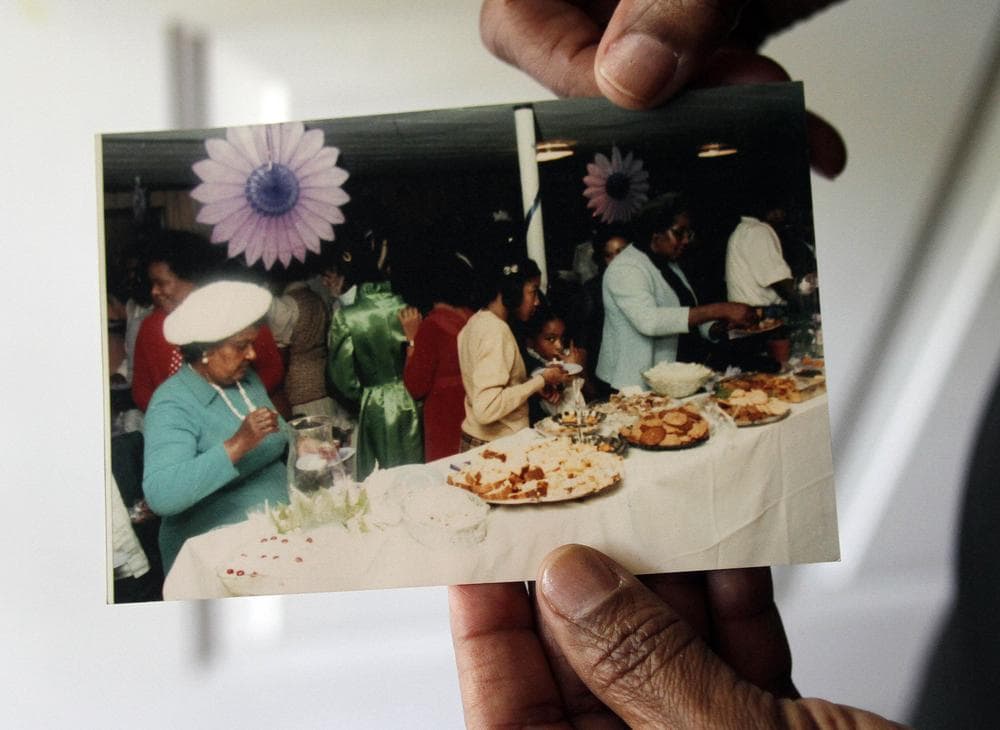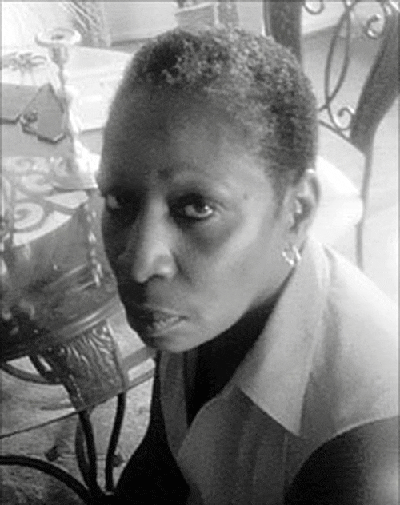Advertisement
Victims Of North Carolina's State-Sponsored Sterilization Demand Compensation

Here & Now Guests:
- Elaine Riddick, 57 year-old woman who was forcibly sterilized at age 14
- John Railey, Winston-Salem Journal Editorial page editor

In North Carolina today, victims of the state's 45-year-long program that forcibly sterilized women, men and children, testified Wednesday before a state task force considering possible compensation.
The program led to about 7,600 sterilizations between 1929 and 1974. It was billed as a way to cut down on poverty and societal ills.
At least 30 other states also sterilized people as part of a eugenics movement. It was a misguided effort to improve the genetic make-up of the population, by sterilizing people characterized as a drain on society.
The campaign was somewhat racially balanced in its early years. But by the 1960s, more than 60 percent of those sterilized were black and 99 percent were female, according to published news reports stemming from reviews of state records.
"I was operated on in 1948, when I was 14 years old," Willis Lynch, now 77, testified today. "I really care something about kids — and that's the only thing I hated about being operated on, because I couldn't have kids."
Advertisement
Elaine Riddick, now 57 and living in Atlanta, was sterilized at the age of 14. She says she was impregnated as a result of rape by a neighbor in his 20s, and a state social worker then recommended her sterilization - coercing her grandmother to authorize the surgery or have the family's welfare payments cut off.
Riddick says without her knowledge, doctors cut, tied and burned her fallopian tubes at the same time they performed her Cesarean section. For several years afterward, she suffered severe pain, illnesses and hemorrhaging.
Her new doctors in New York, where she moved a year after the surgery, examined her and told her she had been "butchered." Only then did she learn what had happened to her at the hands of the state of North Carolina.
"I was only a child," Riddick tells Here & Now's Robin Young. "Instead of them helping me, they hurt me. North Carolina committed a crime against me. North Carolina should pay for it."
But victims are worried that retelling their painful stories will not bring them the compensation they're seeking. Another task force held hearings eight years ago and the state did nothing to help the victims.
Charmaine Fuller Cooper, executive director of the state-administered North Carolina Justice for Sterilization Victims Foundation, says compensation for the victims is the best way "to show the state admits fault and this was a wrong point in our history."
The task force considering victim compensation, a five-member panel appointed by the governor, must submit preliminary recommendations to the governor by August 1, final recommendations by February 1. "We need to do this to make sure it never happens again in our history," Fuller Cooper says.
- Wall Street Journal: NC mulls amends for sterilization
Report by Here & Now's Lynn Jolicoeur and Kevin Sullivan
This segment aired on June 22, 2011.